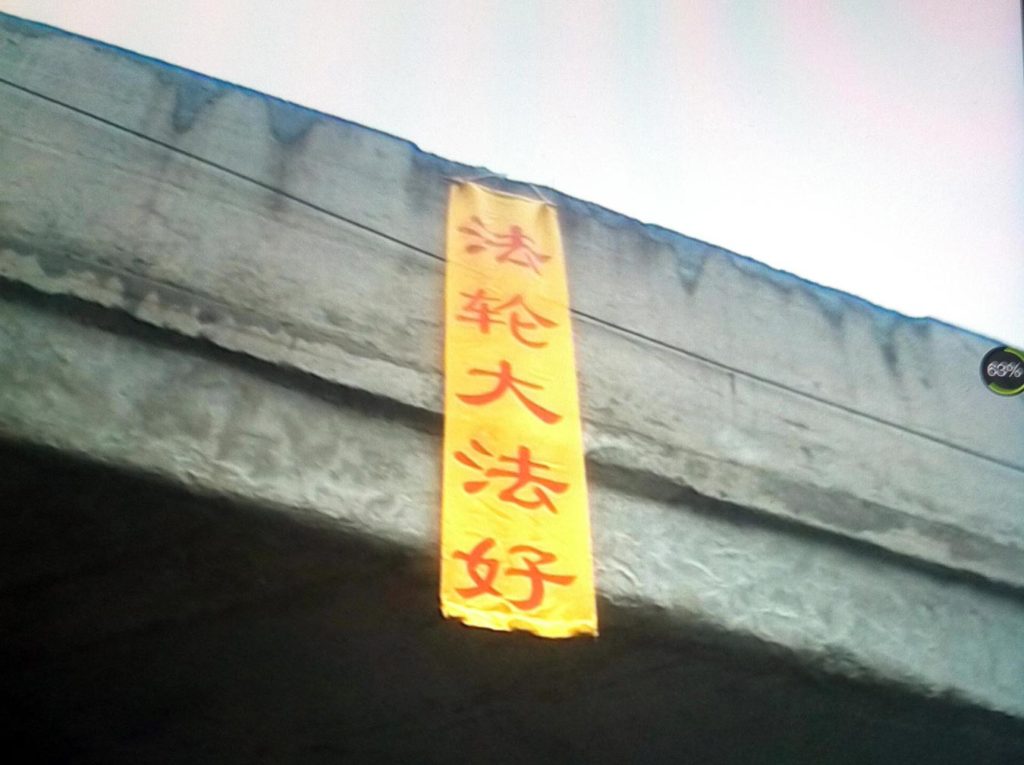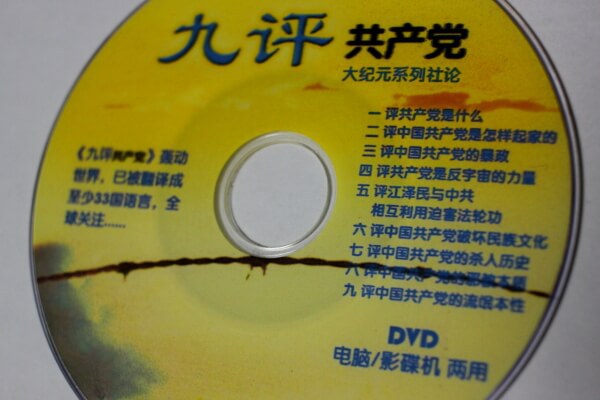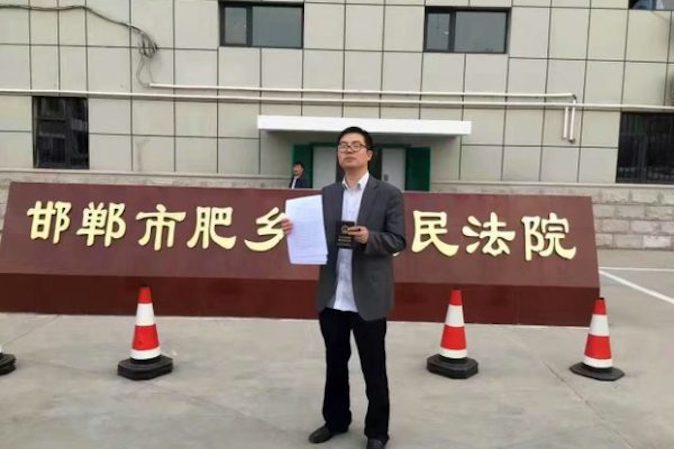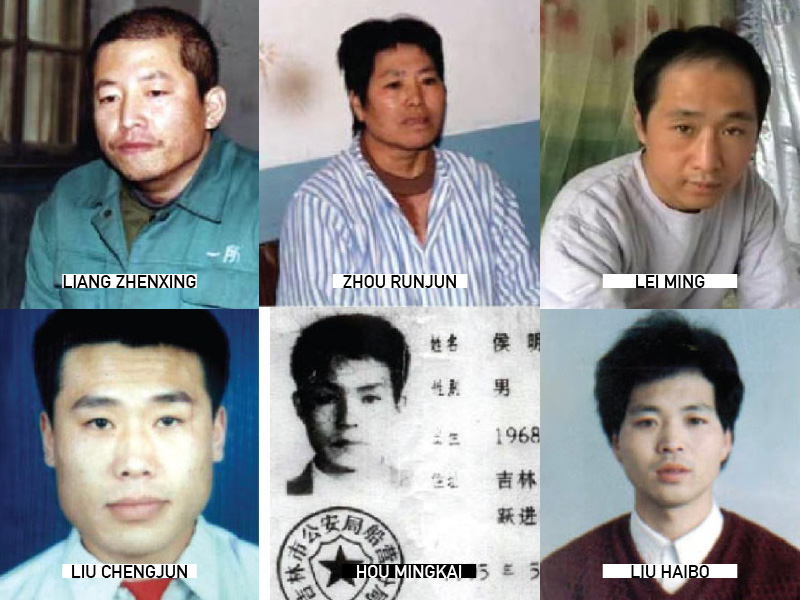
10 Ways Falun Gong Peacefully Resists Persecution
On April 25, 1999, thousands of Falun Gong practitioners trickled in quietly toward the appeals office outside of Beijing to speak their concerns. This was just months before the Chinese Communist Party launched a nationwide campaign to eradicate the country’s 100 million Falun Gong meditators. The state media had just published a negative article on the meditation practice, and Tianjin city police arrested local practitioners.
The protesters came without rancor, assembled peacefully, and followed police directions to line up outside the offices. Some meditated while they waited. Then, when they were assured that their voices were heard, they left amicably, picking up litter as they went.
Falun Gong teaches that truthfulness, compassion, and forbearance is the way of the universe, and that conforming our characters to it, human beings can attain higher wisdom. When faced with insults or violence, practitioners are taught not to retaliate with the same. In the 17-plus years since the CCP began its brutal crackdown, public slander of the practice, and physical torture of its followers, Falun Gong practitioners all over the world have found a variety of ways to fight violence with awareness.

Guerilla Postering
Homemade or small-batch printed banners and posters appear all over towns in China as practitioners post them in public spaces.
 Distribution of DVDs and Printed Materials
Distribution of DVDs and Printed Materials
Practitioners often go to great lengths to put together “material sites,” often simply a computer and printer at someone’s home meant for the production of materials for distribution. These material sites are the frequent targets of police raids.
 Phone Campaigns
Phone Campaigns
Chinese-speaking practitioners outside of China use a method of auto-dialing Chinese officials to demand the release of imprisoned practitioners. Others call Chinese citizens to tell them about the truth of the persecution.
Social Media
Practitioners, primarily those in free countries outside China, engage commenters on Chinese social media sites to tell the truth about the persecution. Often, to elude censors, they use homophones to refer to Falun Gong and its principles of truth, compassion, and tolerance, all of which are banned phrases.

Court System
More and more practitioners are taking their personal injury cases to court as a way to make the history of their persecution more public and to challenge the Chinese legal system to do the right thing. The persecution, though it was ordered by a Chinese head-of-state, is unconstitutional according to Chinese laws.

Suing Jiang Zemin
Many practitioners and non-practitioner supporters are suing former leader Jiang Zemin for personal harm incurred in the persecution and crimes against humanity. He has been served lawsuits in 30 countries and areas.
Nine Commentaries and Tuidang
In 2004, the book Nine Commentaries on the Chinese Communist Party was published, launching a wave of resignations from the CCP. Called “Tuidang,” or “quitting the Party,” this movement has inspired 200 million party members to publicly cut ties with the party so far.
Tagging Yuan
Another guerilla tactic is to write or stamp messages on paper currency. It’s illegal to destroy bills, so money makes for a perfect, circulating canvas for awareness messages.
Subverting China’s Firewall
Technologically savvy practitioner activists have created some of the most powerful anti-censor tools in use against totalitarian regimes today. If they can access these portals, Chinese citizens can peek through the internet blockade.
Intercepting TV Broadcasts
Several practitioners, working in teams, have been able to successfully intercept scheduled TV broadcasts to show films explaining Falun Gong’s innocence and the regime’s crimes. Read about one such famous incident here.





